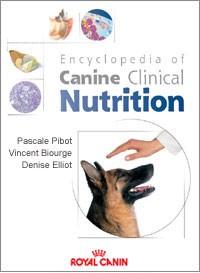
Get access to all handy features included in the IVIS website
- Get unlimited access to books, proceedings and journals.
- Get access to a global catalogue of meetings, on-site and online courses, webinars and educational videos.
- Bookmark your favorite articles in My Library for future reading.
- Save future meetings and courses in My Calendar and My e-Learning.
- Ask authors questions and read what others have to say.
Malattie croniche del tratto intestinale che causano costipazione
Get access to all handy features included in the IVIS website
- Get unlimited access to books, proceedings and journals.
- Get access to a global catalogue of meetings, on-site and online courses, webinars and educational videos.
- Bookmark your favorite articles in My Library for future reading.
- Save future meetings and courses in My Calendar and My e-Learning.
- Ask authors questions and read what others have to say.
Read
Col termine di costipazione si definisce la defecazione poco frequente o l’emissione di feci secche o dure. La condizione è frequentemente accompagnata da un aumento dello sforzo necessario per defecare. Le cause della defecazione sono elencate nella Tabella 27.
Si definisce come costipazione ostinata (obstipazione) l’incapacità di espellere le feci, che insorge quando la costipazione semplice è prolungata ed esita nella formazione di deiezioni progressivamente più dure e secche. La defecazione diventa sempre più difficile, fino ad essere praticamente impossibile a causa di alterazioni degenerative secondarie della muscolatura del colon. […]
Get access to all handy features included in the IVIS website
- Get unlimited access to books, proceedings and journals.
- Get access to a global catalogue of meetings, on-site and online courses, webinars and educational videos.
- Bookmark your favorite articles in My Library for future reading.
- Save future meetings and courses in My Calendar and My e-Learning.
- Ask authors questions and read what others have to say.
About
How to reference this publication (Harvard system)?
Affiliation of the authors at the time of publication
1Faculty of Veterinary Sciences, University of Liverpool, United Kingdom. 2Faculty of Veterinary Medicine, University of Berlin, Germany.



Comments (0)
Ask the author
0 comments